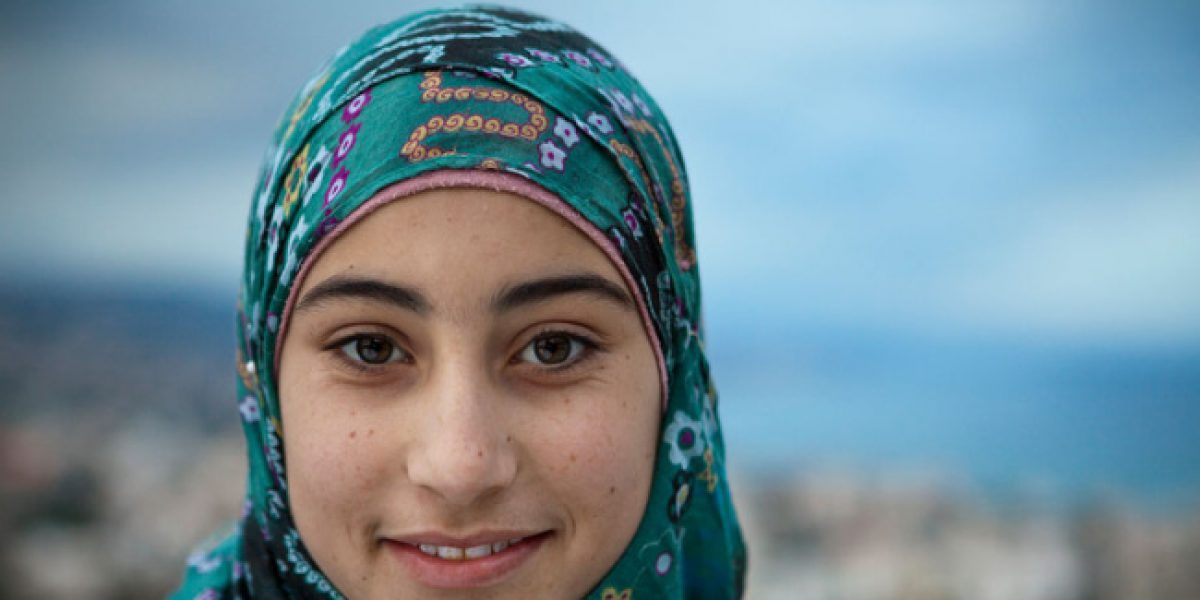International Women’s Day: Recognising the strength and capacity of refugee women
08 March 2016|Maeve Brown

Women and girls comprise about half of any refugee, internally displaced or stateless population across the world.
On International Women’s day, it is important to remember that some of the most vulnerable, yet resilient, women in our society are newly arrived refugees.
Refugees don’t leave their homes because they want to. The women we work with at Arrupe Place have fled their home countries for any number of reasons – they were caught in the middle of a war zone, or were persecuted for their ethnicity, for their political beliefs, for their religion, or for their sexuality.
People flee because it is a life or death choice, and they want to live.
Once they flee, often the danger continues. As stated in a recent UN Report: ‘Refugee women are more affected by violence against women than any other women’s population in the world’.
While Australia does offer protection, refugee women may remain at risk.
Under current asylum policies, refugee women living in the community on bridging visas are often at risk of homelessness and destitution, while at the same time they are not eligible for homelessness, crisis or domestic violence support because of their visa status.
Perhaps one of the biggest challenges for the newly arrived women in our society is their isolation. They are cut off from their home country, their community and family networks, and often have only basic English and rudimentary knowledge of their local surrounds. Catching a bus or negotiating a supermarket can be a challenge. Yet they are not eligible for federally funded English classes or other settlement services, the very things that could facilitate their connection with the local community.
At Arrupe Place we recognise the strength and capacity of women and we work to offer a range of services and support that empower women and connect them to the local community. Services ranging from English language and cooking classes, to food provision and legal aid are provided through Arrupe Place, to help women start to rebuild their lives in Australia.
Arrupe Place does more than just deliver services, we sit with women who are seeking asylum and listen to what they have to tell us. We accompany, support and work with them to voice their own needs as they struggle to make their way in a new country.
One regular visitor told me, for her, every day is a struggle, “My life here in Australia is so hard,” she said. “You understand my struggle.”
“At JRS there was someone who was willing to listen. Even if they couldn’t work out our problems, we knew that they were hearing us and they were trying to connect us to other services that could help.”
This comment is from a Kurdish woman whose family was made stateless by Saddam Hussein’s regime in Iraq – they were stripped of their citizenship and all legal recognition of their status or rights in their own country. They escaped by boat to Australia, cleared detention centres, and now live in the community on bridging visas. Still stateless.
“My brother was thinking that nobody liked him, that everything was negative.’ she said. ‘He would sit at home because there was no hope of doing anything. He came to JRS because there was someone who would talk to him, who would listen to his story, who cared enough to call him back.”
One of the most encouraging testimonials we received came from a woman who told us that she continues to visit Arrupe Place “because this place feels like my mother’s house.”
We aim to provide the women who visit Arrupe Place with a place where they feel safe and less isolated, so that they can live with dignity and become self-sufficient whilst waiting for their claims for protection to be assessed.
“When I come here to Arrupe Place I feel happy,” said one visitor. “I feel that you know me. You know my story. You know my heart.”
Maeve Brown, Shelter Project Coordinator, JRS Australia


